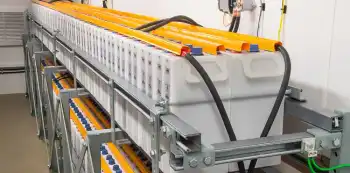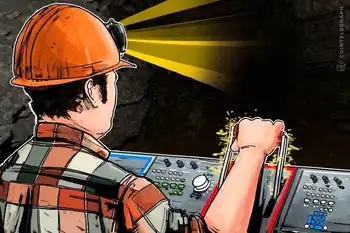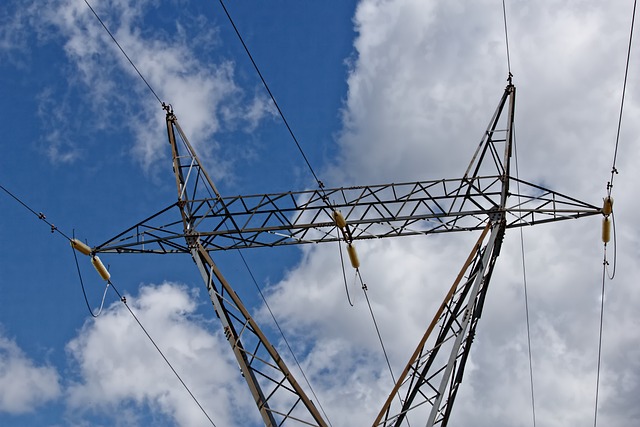135,000 without power; generators in demand
By McClatchy Tribune News
Substation Relay Protection Training
Our customized live online or in‑person group training can be delivered to your staff at your location.

- Live Online
- 12 hours Instructor-led
- Group Training Available
DTE Energy reported that 135,000 customers were without power. The Southfield Lowe's on Telegraph is sold out of their supply of about 25 generators. An employee said they sold their last 10 that morning to people who were lined up at the door when they opened.
"Whenever power goes out there is a huge rush, and then people return them because we have a 90-day return policy," he said. He said the new shipment of generators would come in within a week. At the Home Depot in Dearborn, a manager for the store was surprised to see a low demand for generators after the recent storms.
"Air conditioner sales were higher than generators," he said. He also said generator sales for spring storms are usually higher than those during winter storm outages. "People tend to buckle down and share resources during winter outages, but when it's summer everyone rushes to get power for the AC."
And while generators are a quick fix that residents can use, experts warn they need to be used the right way.
According to the most recent available data from the Consumer Product Safety Commission, in 2006 there were 65 reported carbon monoxide deaths from improper generator use. Of those deaths, 80% occurred in residences, and 27%of them were caused by generators being placed in the garage or living space of the home.
Because generators emit carbon monoxide gas, the placement of a generator is the most important safety consideration when using one. Carbon monoxide cannot be seen or smelled and is highly toxic. Death can occur within six hours of exposure. Symptoms include headache, vertigo, fatigue and nausea.
Generators should not be used indoors, including garages, carports, basements, crawlspaces or any enclosed area, according to the American Red Cross. Generators should also not be placed anywhere near a window or vent that could circulate the fumes in the home's ventilation system. The Red Cross recommends installing carbon monoxide detectors while using a generator.
According to safety information on DTE Energy's Web site, when buying a generator, double check labels to determine whether the generator is designed for the amount of power needed. A professional electrician is always a safe bet if you're not sure how to determine it.
Choose a generator that will produce more power than will be drawn by the combination of lighting, appliances, and any equipment you plan to connect. But remember that you'll have to be selective in what you send power to because most generators are designed only for short-term use. If a generator's power level is too low, a fuse could blow, damaging the generator and anything connected to it.
To avoid electrocution, generators should be kept dry under a cover. Always dry your hands before touching a generator.











